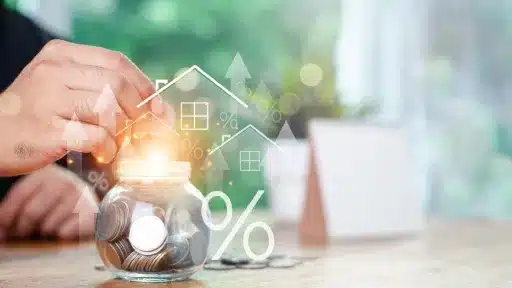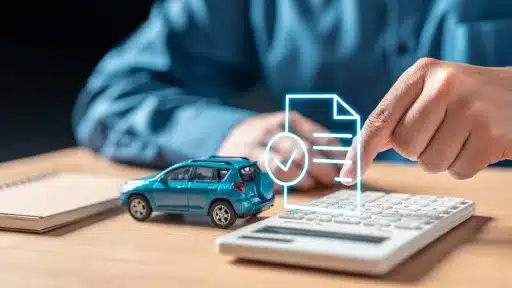Understanding what is credit card is crucial in today’s rapidly evolving financial landscape, where cashless transactions and digital payments dominate. A credit card is more than just a piece of plastic; it’s a powerful financial tool that influences how millions manage spending, build credit history, and access emergency funds. As economies grow increasingly digital, knowing what is credit card and how it operates can empower consumers to make smarter financial decisions, maximize benefits, and avoid common pitfalls.
What Is Credit Card? A Comprehensive Overview
A credit card is a payment card issued by financial institutions, such as banks or credit unions, that allows the cardholder to borrow funds within a pre-approved credit limit to pay for goods and services. Unlike debit cards, which deduct money directly from one’s bank account, credit cards enable users to defer payment, effectively borrowing money that must be paid back later, often with interest if the balance isn’t settled by the due date.
Key Features of Credit Cards
- Credit Limit: The maximum amount you can borrow using the card.
- Billing Cycle: The period (usually about a month) after which you receive a statement with transactions and payment due.
- Grace Period: The interest-free period between the statement date and the payment due date if you pay off the full balance.
- Interest Rate (APR): The annual percentage rate charged on unpaid balances.
- Rewards and Benefits: Many credit cards offer points, cashback, travel perks, and other incentives.
How Credit Cards Work
When you use a credit card for a purchase, the card issuer pays the merchant on your behalf. Later, you receive a monthly statement listing your transactions and the minimum payment required. Paying the full amount by the due date avoids interest charges, while paying less than the full balance results in finance charges based on the unpaid amount.
The Importance of Understanding What Is Credit Card
Knowing what is credit card and how it functions is vital for financial health. Misuse can lead to debt accumulation and damage to one’s credit score, while responsible usage can build a strong credit history crucial for future borrowing needs like mortgages or car loans.
Benefits of Using Credit Cards Wisely
- Convenience: Easy and quick transactions, widely accepted globally.
- Building Credit: Timely payments and responsible use improve credit scores.
- Rewards and Cashback: Many cards reward spending, helping you save or earn benefits.
- Purchase Protection: Additional security measures and fraud protection.
- Emergency Fund: Access to funds when cash is not readily available.
Risks and Precautions
- High Interest Rates: Carrying balances can result in costly interest payments.
- Debt Trap: Overspending may lead to unmanageable debt.
- Credit Score Impact: Late or missed payments can harm credit ratings.
- Hidden Fees: Annual fees, late fees, or transaction fees may apply.
In conclusion, grasping what is credit card equips you to harness its advantages while avoiding financial troubles. As we continue embracing digital economies, credit cards remain indispensable in personal finance, rewarding disciplined use with convenience and financial growth.


